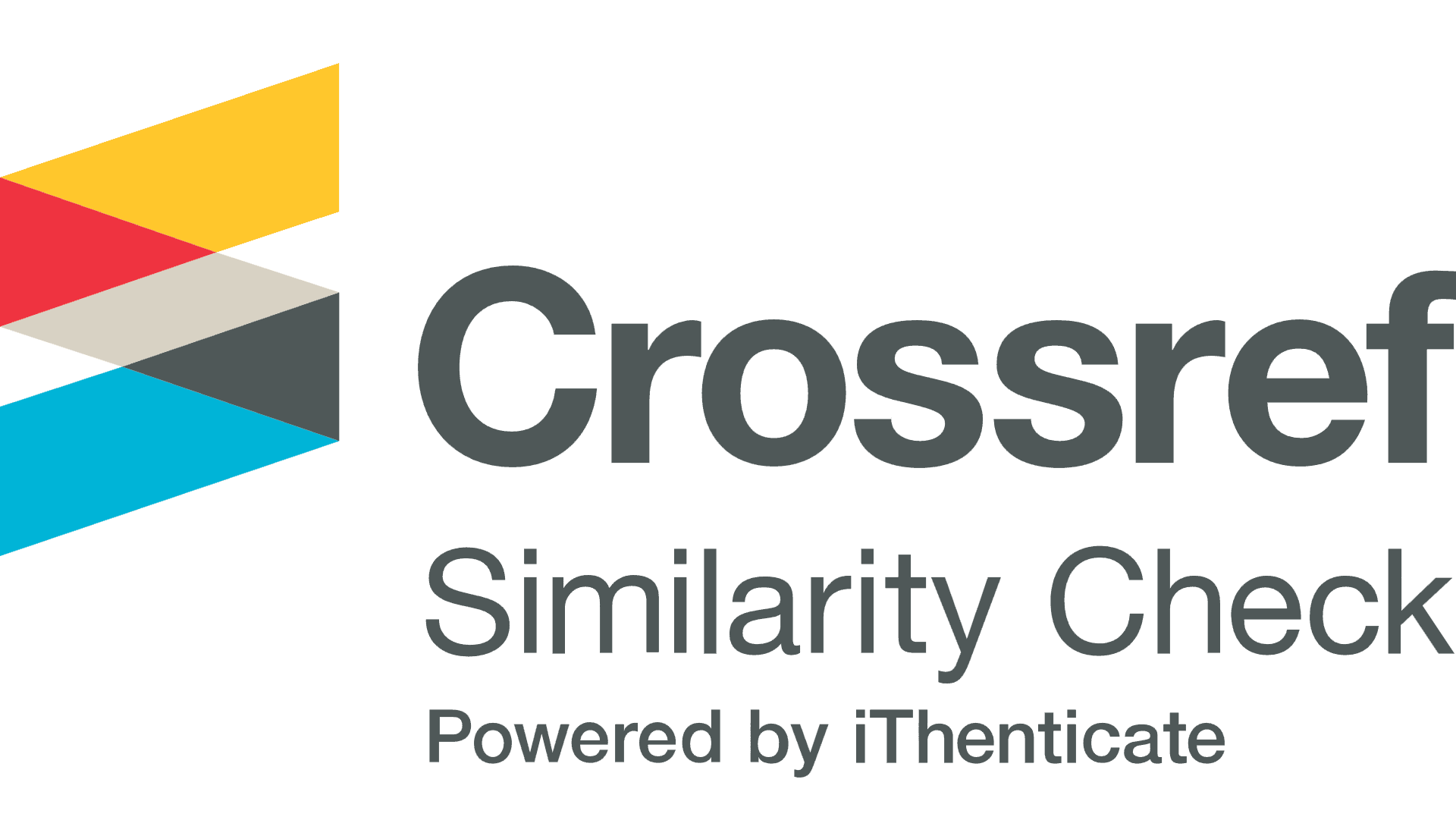Monetary Strategies during and after the Great Recession: ECB vs NBS
DOI:
https://doi.org/10.31410/Balkans.JETSS.2022.5.1.24-35Keywords:
Monetary policy, Quantitative easing, ECB, NBS, Inflation targetingAbstract
The last few decades of the world economic structure have been characterized by a trend of global convergence in the context of the exponential interconnectedness of initially divergent financial markets. With deeper trade and financial integration, nationally oriented monetary policy is confronted with serious obstacles and limitations, having in mind higher vulnerability to the external crisis shocks. The focus of this analysis is the heterogeneous monetary responses of the ECB and the NBS to the same external shocks induced by the Great 2008 Recession. The main findings suggest that both monetary systems should rely on discretionary policy taking current macroeconomic health into account. In contrast to the monetary responses to the Global Recession, the analysis shows that the reactions to the COVID-19 crisis remained faithful to unorthodox measures in ECB’s case but unrelated in NBS’s case.



